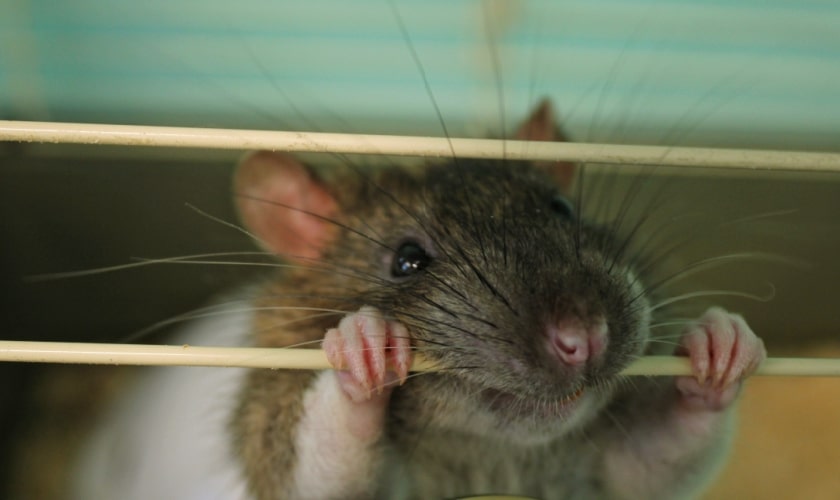Introduction
Running an Airbnb can be an exciting venture, but it comes with its own set of challenges. One of the critical yet often overlooked aspects of managing a successful Airbnb is the ongoing battle with pests. Ensuring a pest-free environment not only boosts your guest ratings but also protects your property from potential damages. Here, we will delve into trap maintenance tips for Airbnb to help you maintain a clean and inviting space for your guests.

Understanding the Importance of Pest Control in Airbnb
Before diving into specific trap maintenance tips, its crucial to understand why pest control is vital for your Airbnb. Pests can lead to negative reviews and potential health hazards, which can significantly affect your rental business. A proactive approach can prevent these issues from arising. For more insights on the importance of pest control, check out this article on pest infestation.
Regular Inspection and Monitoring
Regular inspections are the cornerstone of effective pest management. By routinely checking for signs of pest activity, such as droppings, nests, or damage, you can catch potential issues early. Implementing a schedule for inspections can be beneficial, especially during the changeover between guests.
Utilizing Technology for Monitoring
Integrating technology into your monitoring process can streamline your efforts. Smart traps and sensors can alert you to pest activity in real-time. This not only saves time but also ensures a rapid response, minimizing the risk of an infestation. For more innovative pest control tools, explore this resource on Airbnb property pest tools.
Choosing the Right Traps
The type of trap you use is crucial. Different pests require different trapping methods. For instance, rodents might require snap traps, while insects might need sticky traps or electronic devices. Understanding the pest type you're dealing with will guide your choice of traps.
Natural vs. Chemical Traps
When selecting traps, consider whether to use natural or chemical options. Natural traps are generally safer for both guests and the environment. However, chemical traps can be more effective for severe infestations. For a detailed comparison, check out this guide on pest control methods.
Maintenance and Cleanliness
Once traps are in place, regular maintenance is key to their effectiveness. Ensure traps are clean and functional, replacing them as needed. Additionally, keeping your property clean and clutter-free reduces the chances of pests finding a place to breed.
Implementing a Cleaning Schedule
A strict cleaning schedule can help maintain hygiene standards and deter pests. Cleaning should include all areas, such as kitchens, bathrooms, and common areas. Consider hiring professional cleaning services to ensure thoroughness, especially after discovering any pest activity.
Professional Pest Control Services
Sometimes, professional help is necessary, especially for severe infestations. Pest control professionals have the expertise and tools to handle various pests effectively. They can also provide valuable advice on preventive measures and ongoing maintenance.
When to Call the Professionals
Knowing when to call in the experts is crucial. If you notice persistent pest activity despite your efforts, it might be time to reach out to a pest control service. For more on when to seek professional help, visit this guide on protecting your Airbnb from pests.
Conclusion
Maintaining a pest-free Airbnb requires diligence and the right strategies. By implementing these trap maintenance tips, you can ensure a safe and comfortable environment for your guests, enhancing your reputation and success in the hospitality industry. For more on preventing pests, you might find this article on pest prevention helpful.

FAQs
Q1: How often should I check traps in my Airbnb?
A1: It is recommended to check traps at least once a week, or more frequently during peak pest seasons.
Q2: Are natural traps effective for all types of pests?
A2: Natural traps can be effective for certain pests, but their efficiency varies depending on the type of pest and the severity of the infestation.
Q3: What should I do if a guest reports seeing a pest?
A3: Act immediately by inspecting the area, setting up additional traps, and if necessary, contacting a professional pest control service.
